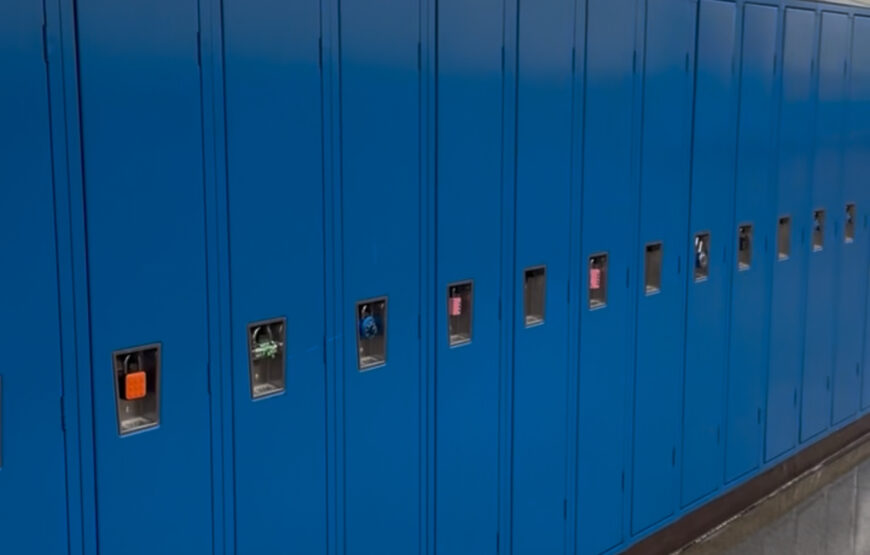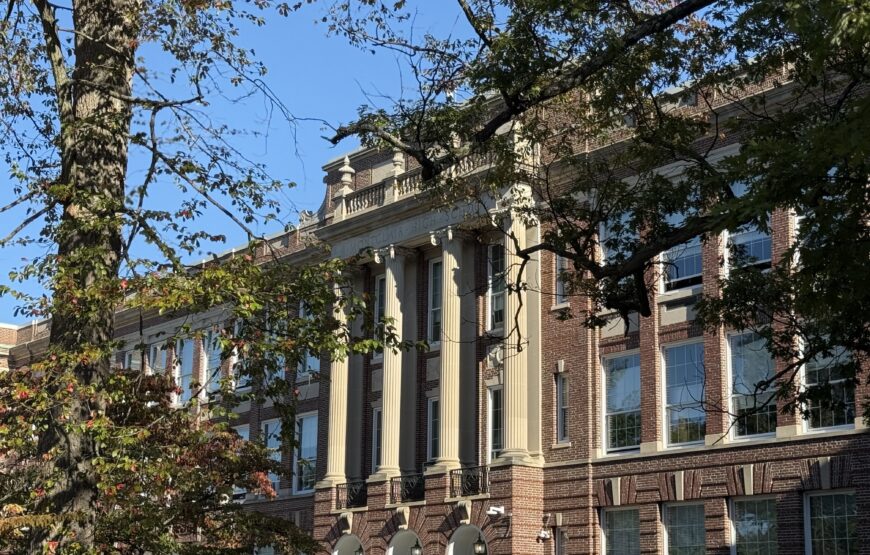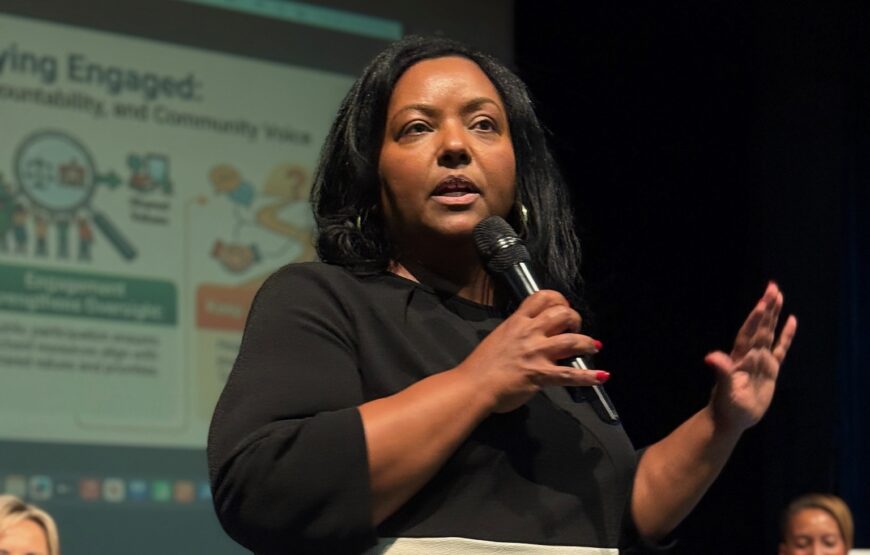Montclair’s growing school budget crisis took center stage Friday night at a town hall meeting inside Buzz Aldrin Middle School. Superintendent Ruth B. Turner and Interim Business Administrator Dana Sullivan laid out sobering numbers, while parents, students, and community leaders pressed for answers and braced for difficult choices ahead.
A Bigger Deficit Than Reported
What had previously been described as an $18 million shortfall has now swelled to $19.6 million. Turner explained the debt breaks down into two parts:
- $12.6 million in accumulated debt carried into the 2024–25 fiscal year
- $5 million in deficit projected for the current academic year (revised in January 2026 from $7 million following recent cuts)
“This deficit is not the end of our story,” Turner told the crowd of roughly 100 in person and another 200 online. “It is a moment for us to work side by side to protect what matters most — the learning, growth, and well-being of our students.”
State Loan or Taxpayer Fix?
Two main paths forward were presented:
- An interest-free state loan — New Jersey could lend the district money, but only to cover past debt, not the $5 million shortfall for the current year. Such a loan would be subject to state financial oversight and veto power.
- A special election for a tax increase — The Board of Education could ask voters to approve raising property taxes to cover the current gap.
“It may take a hybrid of these options,” Turner said, acknowledging that the district may have no choice but to lean on both taxpayers and the state to stay afloat.
Interim Business Administrator Dana Sullivan outlined the projected costs and tax impacts for the coming years. For 2024–25, the district requires $12.6 million in one-time funding, which translates to a $1,117 tax increase.
An Emotional Night
The most moving moment came when a Montclair High School senior spoke about overcrowded buses for the boys’ soccer team. Players, he said, were forced to sit on the floor to get to games. With potential cuts looming, he asked if athletics would be on the chopping block.
Turner’s answer: she couldn’t make promises. The student then asked what students themselves could do to help. Turner paused, visibly emotional. “It’s heartbreaking that you have to ask that,” she said.
Parents also raised concerns about a paper shortage that had disrupted classes. Turner confirmed that supplier Staples had halted deliveries over an overdue bill, which has since been paid.
Nothing Off the Table
Turner was candid: all options are on the table. Potential cuts include:
- Closing schools
- Reducing bus service
- Eliminating preschool
- Ending Chromebook licenses and returning to textbooks
One parent noted Montclair’s history of poor financial decision-making, suggesting state oversight might not be the worst outcome. Another urged officials to explore systemic changes — from reevaluating transportation spending to consolidating administrative functions.
Long-Term Questions
Even as the district searches for immediate fixes, structural issues loom. Costs continue to rise, enrollment is slightly down, and staffing is up. Turner called for “right-sizing” the district to avoid repeating the same cycle of debt.
“We have to explore everything,” she said. “We cannot come back every year and say we need to increase taxes.”
What’s Next
The Board of Education must decide by October whether to schedule a special election on a tax increase. Meanwhile, community members are calling for a forensic audit to better understand how Montclair got here. (Update: The election has been rescheduled to March 2026).
No matter the solution, parents, students, and educators left the town hall with the same realization: there are no easy choices ahead.




